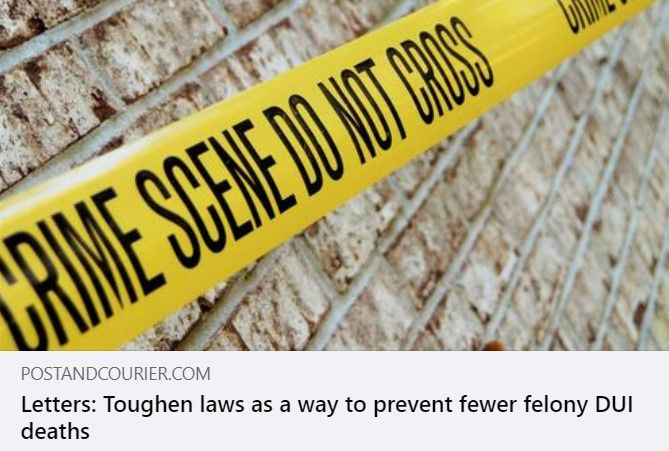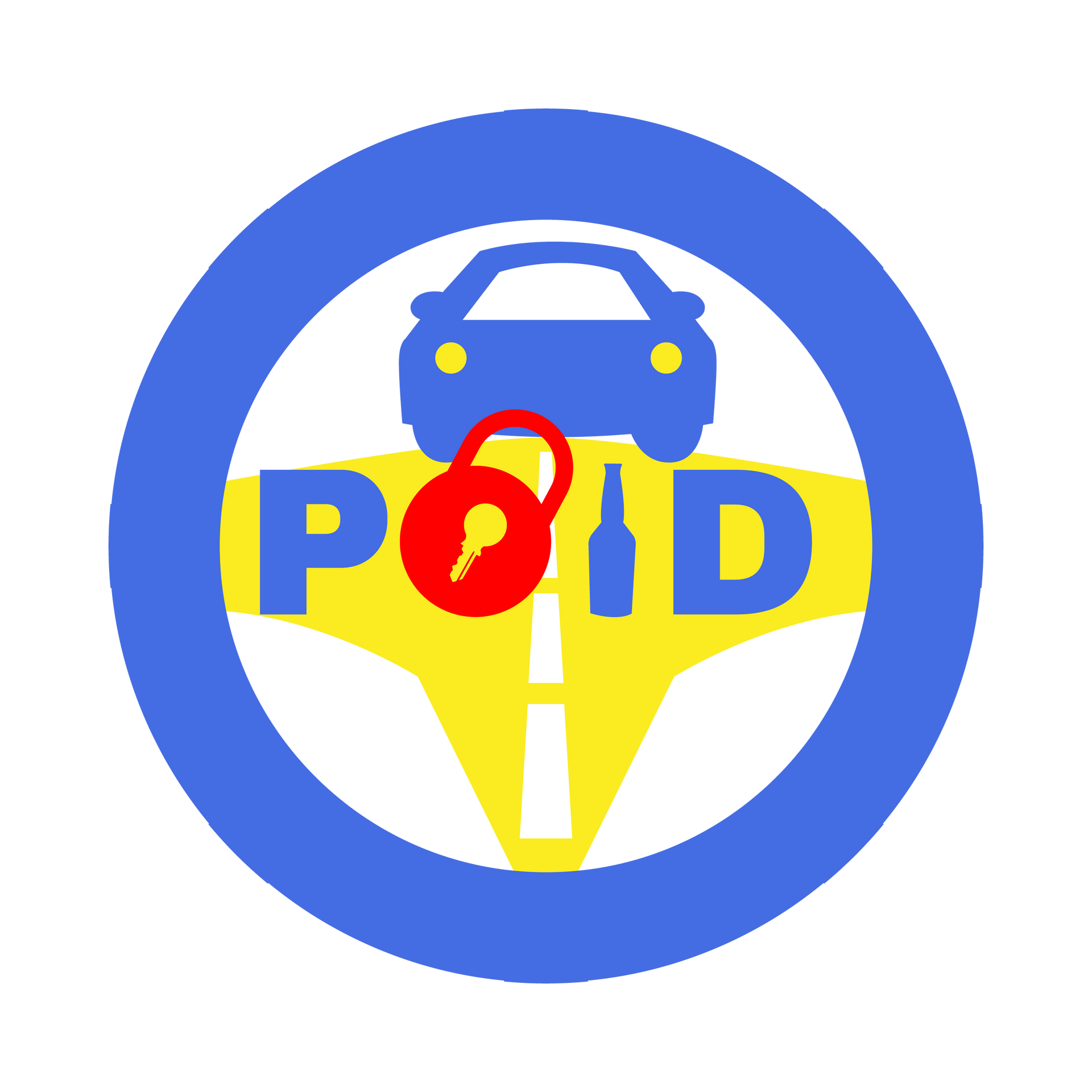It’s not often that the S.C. Legislature takes action that just about everyone can agree will save lives and reduce injuries and make our state safer for everyone, but that’s what lawmakers did last month when they finally expanded the use of ignition interlock devices to prevent drunken driving.
When S.36 takes effect in a year, everyone who’s convicted of driving under the influence will be required to install a device that makes it impossible for anyone with even a trace of alcohol in their breath to start a car. Under current law, the devices are required only for repeat offenders and first-time offenders who register 0.15% — nearly double what we usually refer to as the legal limit.
Requiring just those drivers to install the devices has saved countless innocent lives. Last year alone, they stopped South Carolinians from starting their cars more than 26,000 times.
MADD South Carolina called the new law “one of the most impactful, life-saving pieces of drunk driving reform to pass any state legislature in the past few years.”
So this long-sought expansion of the ignition-interlock law is cause for celebration. Be sure to thank your lawmakers for supporting it.
Then urge them to do more.
Expanding the use of ignition-interlock devices was the low-hanging fruit in the war on impaired driving. The change that costs the state practically nothing, that imposes only a modest inconvenience on drivers — who have demonstrated they don’t care about the lives of other people — and that no reasonable person who doesn’t make a living defending drunken drivers could argue against.
But it’s not the only change we need.
It does nothing to prevent people from driving drunk the first time — or those first 80 times that, on average, drunks drive before getting arrested.
It does nothing to close the gaping loopholes in our law that result in too many drunk driving charges getting tossed out on a technicality or pleaded down to reckless driving or some other offense that doesn’t result in an ignition interlock device or the huge insurance hikes that accompany a DUI.
It doesn’t even fix the DUI-friendly provision in state law that encourages people to refuse a DUI breathalyzer test if they get caught driving drunk — a provision that results in 40% of drunks refusing to take the test, with practically no consequences.
The Senate tried to use the ignition interlocks to reverse that anti-breathalyzer provision, by barring people who refuse the test from driving unless they get a device installed, but the criminal defense attorneys in the House refused to go along with that. It was a smart idea that public safety advocates should get back to work on next year.
Even better, lawmakers should repeal the underlying loophole. One part of our DUI law attempts to encourage drivers to submit to a breathalyzer by stripping them of their licenses for six months, on the spot, if they refuse. Unfortunately, the loophole says people who refuse can immediately get a temporary license that allows them to drive while their permanent license is suspended; that is, it guts what looks on its face like a smart law. That temporary-license part of the law should be repealed.
There are bigger problems still with our DUI law. Even if drivers take the breath test, and register a 0.08% or higher, there’s no guarantee they’ll be convicted. State law encourages them to argue in court that they weren’t really drunk — which is like arguing that even though you were driving 110 mph in a 45 zone, you weren’t really driving too fast, so you shouldn’t be convicted. The law actually requires a judge to tell jurors they can ignore the results of a breath test and conclude that the driver on the video is innocent because he just didn’t look drunk to them.
Speaking of the drunk on the video: Another provision in state law requires a DUI traffic stop to be recorded; that’s not unreasonable, and it’s the reason most police cars have dashcams. But defense attorneys have convinced compliant judges to twist this requirement to absurd extremes, for instance throwing out charges if the suspect wanders off screen for just a few seconds during a field sobriety test.
The cumulative effect of these pro-drunken-driving provisions is a big reason drunken drivers killed more than 400 South Carolinians in 2021, the most recent year for which numbers are available. It helps explain why South Carolina has more drunken-driving fatalities per highway mile driven than any other state except Montana.
Expanding the reach of the ignition-interlock devices is a tremendously smart move that will help keep those numbers from growing so fast — and likely will even reduce them. But they’ll continue to be too high until we fix the other problems in our law.



